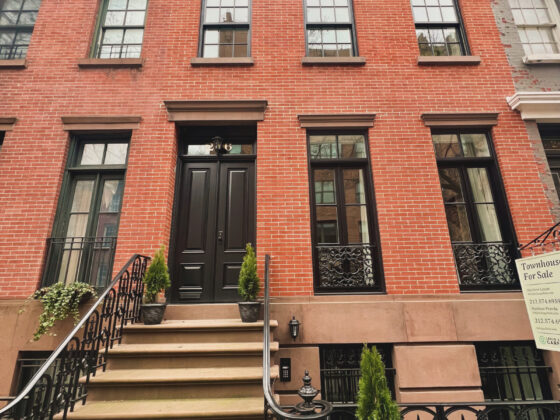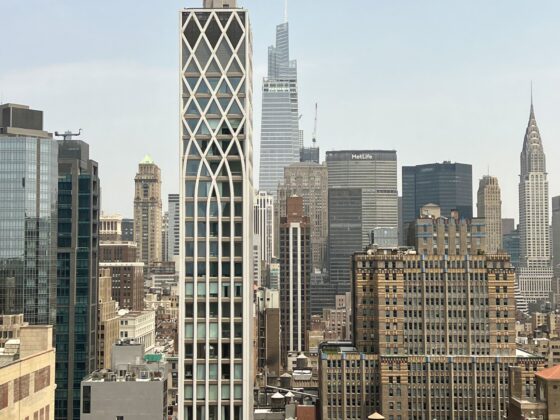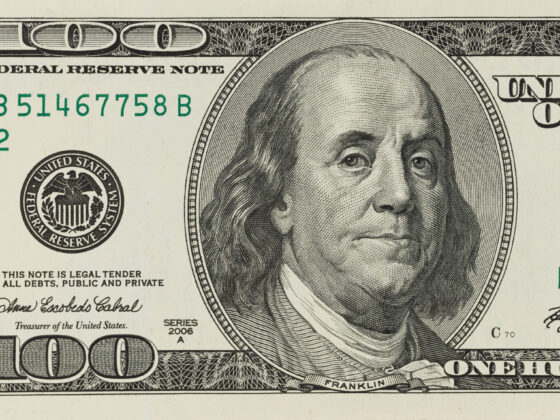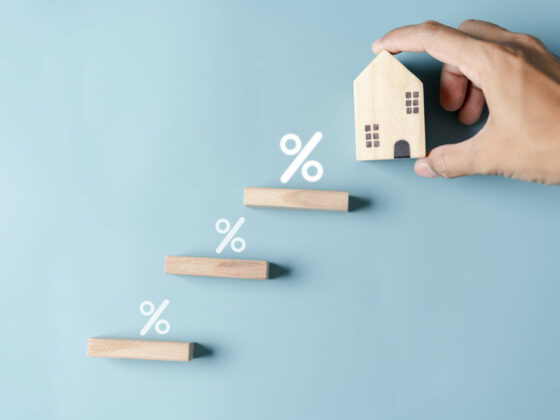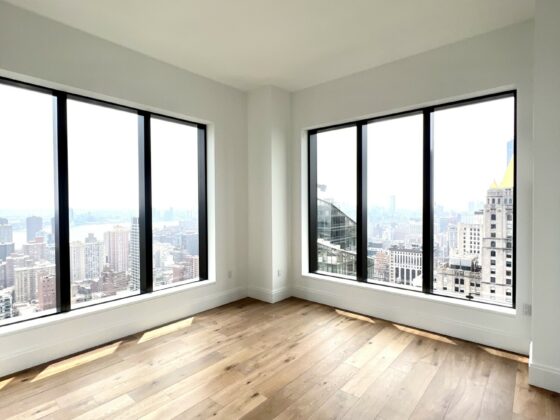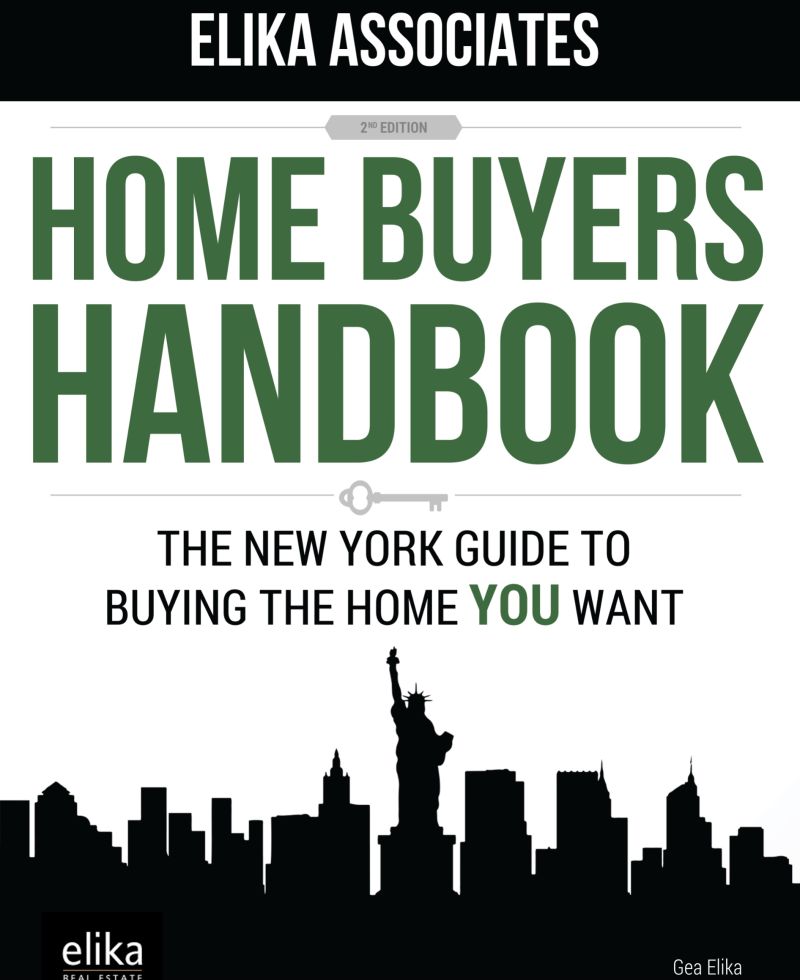Table of Contents Show
Purchasing an investment property is a great way to earn passive income, especially in NYC, where the rental income can be very high. However, the high costs of buying, owning, and maintaining real estate in NYC can also be a serious mountain to climb. Many investors would love to get in on the action, but the high barrier to entry doesn’t make it easy.
Fortunately, you can get help in the form of tax benefits. New York provides dozens of tax benefits programs to help keep the market chugging. Many people don’t know about these programs, which is why you might not hear of them that often. To set the record straight, this guide will take through all the incredible tax benefits NYC investors can take advantage of.
Payment in Lieu of Taxes (PILOT) AgreementPayment in Lieu of Taxes (PILOT) Agreement
Available for commercial property owners, the PILOT program can exempt you from property taxes in exchange for federal payments to the city and state. This incentivizes property owners looking to renovate or build from scratch. However, be aware that the PILOT program will not reduce your NYC property taxes. Payments will remain at the same rate as when the property was first assessed as part of the program. Also, only real estate taxes will apply, and personal property taxes and sales taxes will not be affected.
To learn more about the program and how you can apply, the NYC Industrial Development Agency (NYCIDA) and the NYC Economic Development Corporation (NYCEDC) are the agencies that issue these agreements.
NYCIDANYCIDA
In addition to the PILOT program, the NYCIDA also provides financial assistance to help lower the cost of a commercial property capital investment. This tax incentive program can lead to such benefits as an abatement on property tax for up to 25 years, a reduced mortgage recording tax, and wavered NYC and state sales taxes on all purchases for construction equipment and materials.
However, to qualify, your project will need to be assessed by the NYCIDA. Some of the things they will consider include the number of jobs being created, the size of the capital investment, the type of business the property will be used for, and the financial reputation of the property owner.
421a Tax Abatement421a Tax Abatement
First created in 1971, the 421a tax abatement program lowers your property tax bill by applying for credits against the total amount you owe. It’s usually granted to property developers in exchange for providing affordable housing. During the exemption period, the developer must pay at least the property taxes before the exemption is granted.
While the benefits of the program can last up to three years during the construction phase and an additional 35 years after completion, the length and scale of the benefits can vary depending on location, property use, and the requirements for affordable housing. To get into the program, you must apply to the NYC Department of Housing Preservation and Development (HPD). Other types of 421a programs, such as the Industrial and Commercial Abatement Program (ICAP) and the Affordable Independent Residences for Seniors (AIRS) program, offer similar benefits.
J-51 Exemption and AbatementJ-51 Exemption and Abatement
A J-51 is a property tax exemption and abatement for renovating a residential building. It works by freezing the assessed value of a building before construction starts. In addition, it also decreases the owner’s property tax on a dollar-by-dollar basis. To qualify for the program, you must complete a substantial property renovation or convert an industrial or commercial building into a residential one.
For affordable housing projects, the benefits can last for 34 years, the first 30 allowing you to enjoy the full benefits, while the remaining four are part of a phasing-out period. The program lasts 14 years for all other projects, with 10 being full benefits with a four-year phase-out period. It’s also worth noting that privately funded co-op and condo projects around Manhattan south of 110th tend to receive only limited benefits from this program, something to keep in mind if you’re looking at properties around this area.
Green Roof AbatementGreen Roof Abatement
This program provides a one-time property tax abatement for properties with green roofs. The benefits allow for a one-year standard abatement of $5.23 per foot of green roof, for a maximum abatement of $200,000. Properties in which the tax abatement exceeds the total tax liability for one year may apply within the succeeding five years. There is also an enhanced tax abatement of $15 per square foot of green roof, which has additional eligibility requirements.
The NYC Department of Buildings has some rather strict criteria for what can be considered a green roof. For instance, at least 50% of eligible roof space must be green, the vegetation layer must be at least 80% covered by live plants that are drought resistant, and there must also be a drainage layer, a root barrier layer, effective weather and waterproofing membrane, and a maintenance plan to look after the roof for a minimum of four years after the abatement has ended.
1031 Exchange1031 Exchange
Also known as a like-kind exchange, the 1031 exchange allows investors to defer their capital gain tax when they sell a property if they purchase an equal or higher priced property with the sale proceeds soon after. There’s no limit to the number of times you can do this, and if you play things right, you’ll only have to pay capital gains once when you finally cash out.
However, there are several restrictions and timelines that you need to keep to when undergoing an exchange. For instance, primary residences cannot be exchanged, only investment properties. The process can also be complicated and is best left to experienced investors who know their way around the local market.
The Best Way to Reap Tax Benefits on Investment PropertiesThe Best Way to Reap Tax Benefits on Investment Properties
While the above tax benefits can provide many perks, they won’t apply to everyone. The best thing you can do to gain tax benefits is, surprisingly, nothing. That’s because the IRS takes depreciation into account when calculating the taxes on your investment, which means a good chunk of your taxes will be exempt when tax time comes around.
According to the IRS, you can fully depreciate the property over 27.5 years, which means you can depreciate just over 3.6 percent of the property’s cost basis every year. Better yet, you can also enjoy other deductions through property taxes, insurance, and maintenance fees. The result can be a very small taxable income.
Final ThoughtsFinal Thoughts
Buying, owning, and renovating an NYC property can be expensive, but thanks to a plethora of tax incentive programs, the costs don’t have to be as bad as they might be. Even so, the most straightforward tax benefits come from depreciation. Before buying a property or applying for a tax benefits program, be sure to research all your options as an investor.



